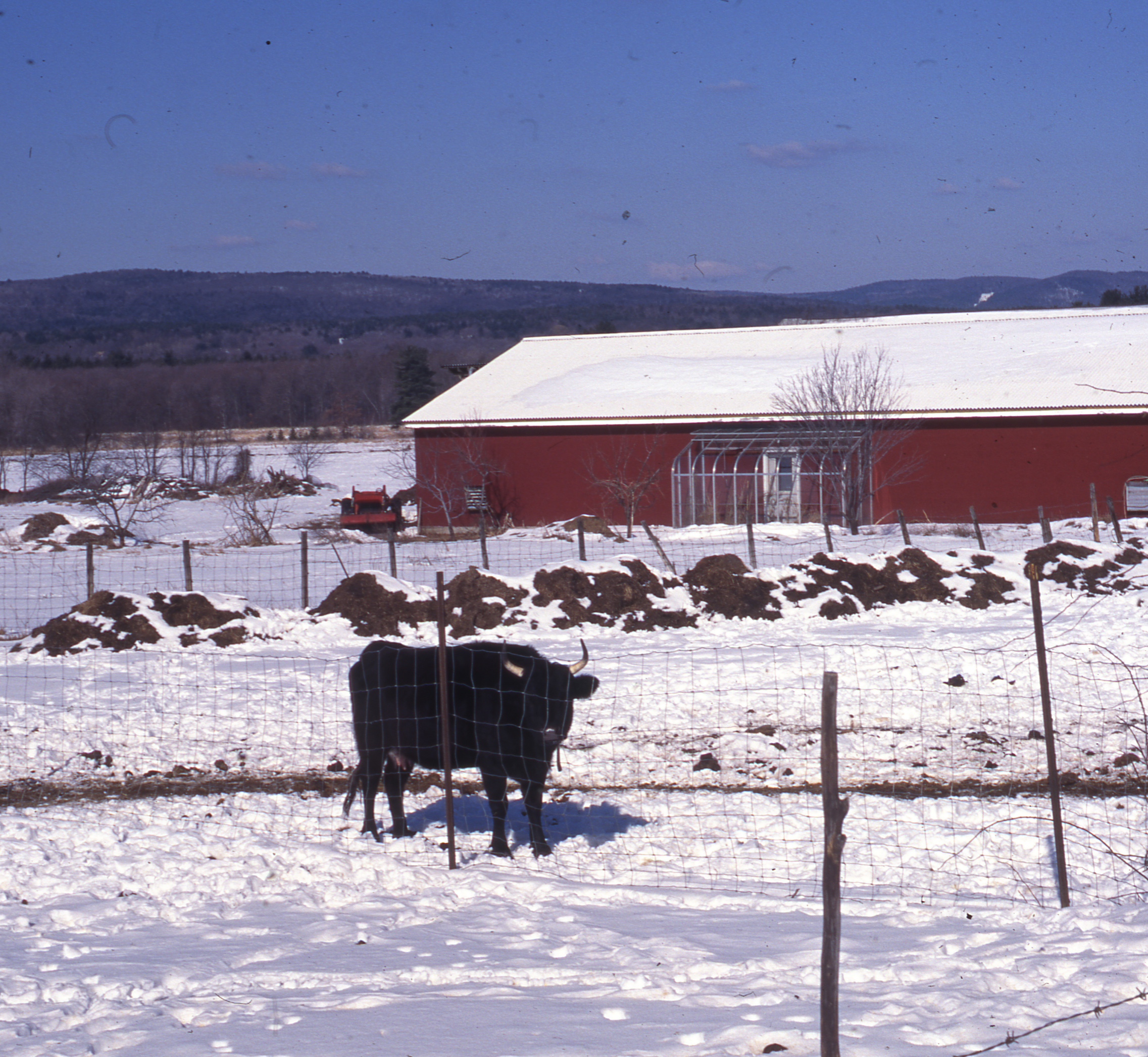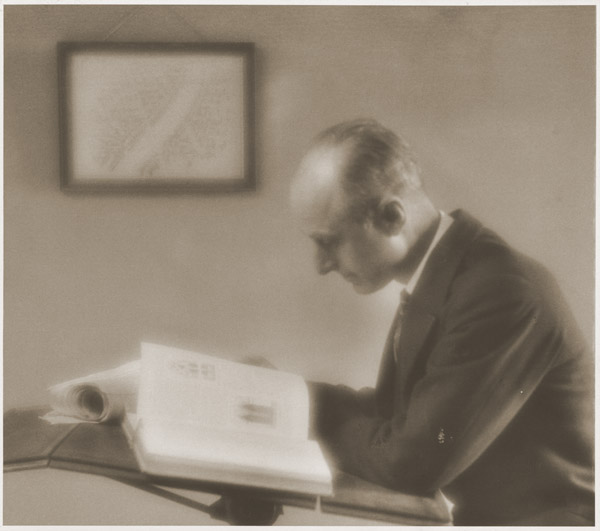Martha Ramsey Papers
ca. 1930-2018
17 boxes 24.5 linear feet
Call no.: MS 1054
Select materials in this collection are restricted; consult an archivist for more information.
Martha Ramsey is the author of Where I Stopped, a memoir of rape in adolescence, and Blood Stories, a book of poems. Ramsey grew up in Flemington, New Jersey, a farming community 65 miles southwest of New York City. She had unusually creative, bohemian-minded, arts-oriented parents; her father was a pioneering jazz historian; both became alcoholics. She was a precociously intelligent child and was skipped two grades at her local elementary school; she escaped from the resulting loneliness and social insecurity into books and nature. She was happier as a day student at Solebury School, a progressive high school nearby in Bucks County, Pennsylvania. On a summer day in 1968, at age 13, while she was walking her bike up a back road near her home, she was attacked and raped by a 28-year-old man, a stranger. She insisted that her parents call the police immediately, “so it won’t happen to anyone else.” Her parents soon heard from neighbors that before Martha, the rapist had “molested other girls.” She endured a confrontation with him at the police barracks and giving testimony at the trial that resulted in his conviction and sentence of 15 years. Five years later she also endured the shock of learning on a visit home from college that he had, while released on parole, sexually assaulted and murdered a 16-year-old girl near the girl’s family’s farm, on the anniversary of the rape. This time he was sentenced to life. Where I Stopped, written when Ramsey was in her thirties, tells this story in detail and follows her attempts to understand what had happened to her and how it was affecting her over the years as she grew into adulthood, pursued her calling as a poet, and married. The memoir also chronicles her decision to return to the place where she grew up to speak with people who remembered the crime and who had participated in the trial and to unearth the police and trial records—all part of her effort to come to terms with what she remembered.
A powerful collection documenting the writing of her memoir, Where I Stopped, Ramsey’s papers include audio recordings of statements she and others made to the police shortly after her rape; a transcript of the trial; Ramsey’s notes from interviews she conducted with individuals who remembered the crime; and drafts of her memoir, containing comments from early readers and material cut from the final version. Ramsey’s unpublished writings, journals, and correspondence document her intellectual and emotional life from her teenage years forward, including the drafts of all her published and unpublished poems. Family papers focus on the author’s father, Frederic Ramsey, a noted jazz historian; they include correspondence, photographs, and the unpublished autobiography of Ethel Ramsey (1884–1965)—textile designer, painter, and participant in the artists’ colony in New Hope, Pennsylvania—that contains acerbic discussion of the struggles of women artists in the late nineteenth century and later.
Subjects
AuthorsNew Hope (Pa.)Rape victims--United States--BiographyRape--United States--Case StudiesWomen artistsWomen authors




 Listen to oral history with Rand's wife:
Listen to oral history with Rand's wife: